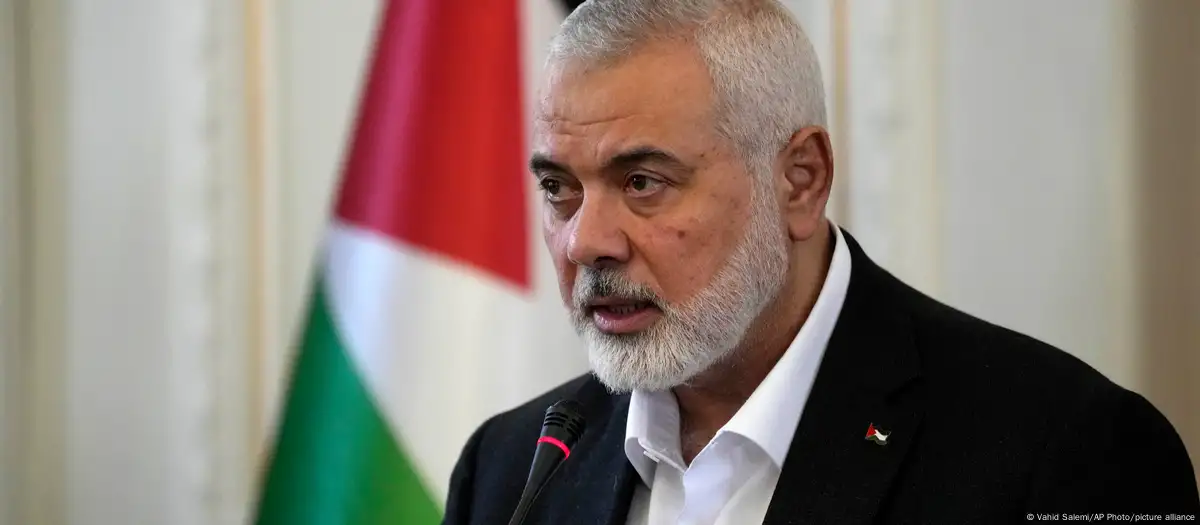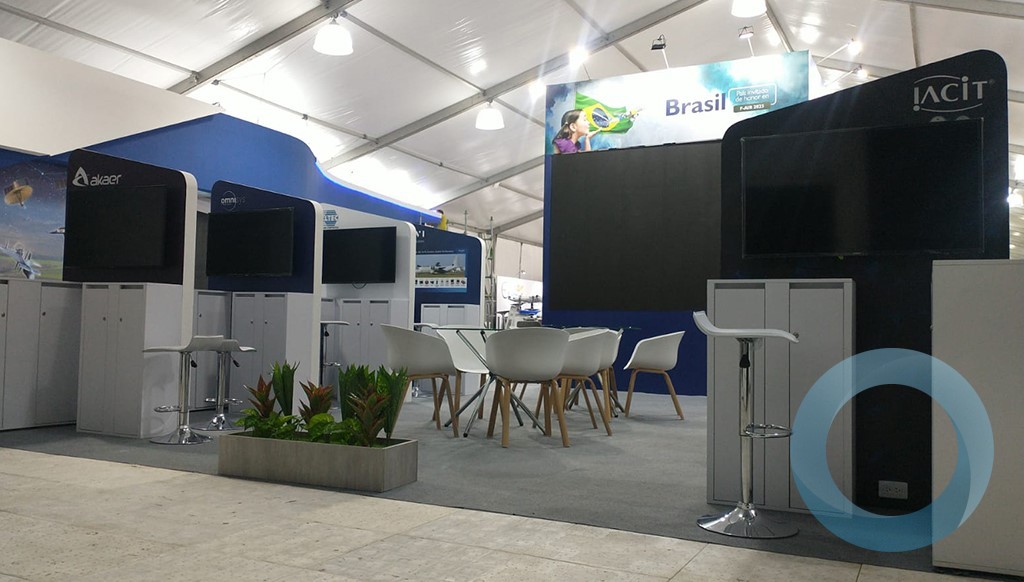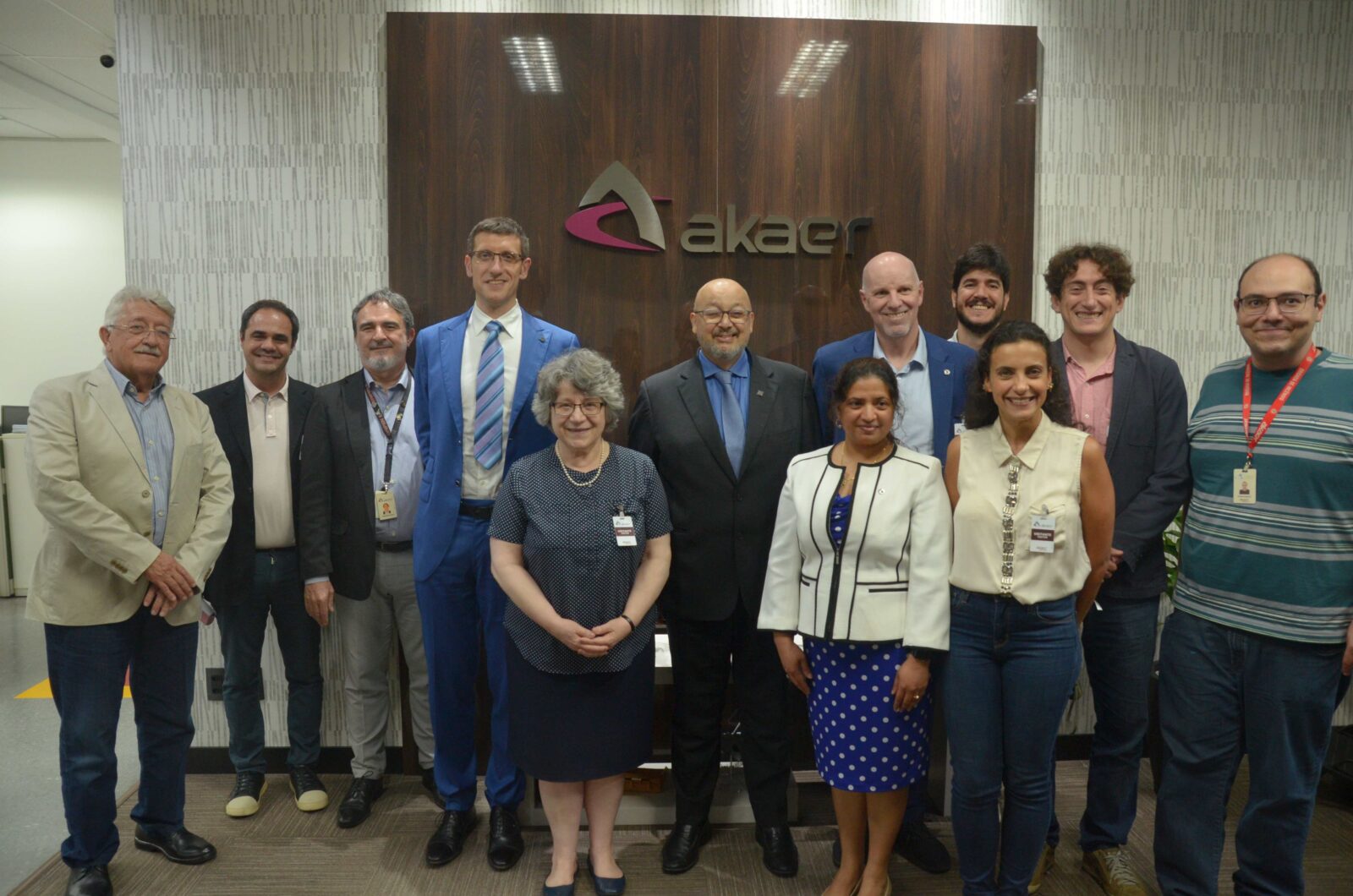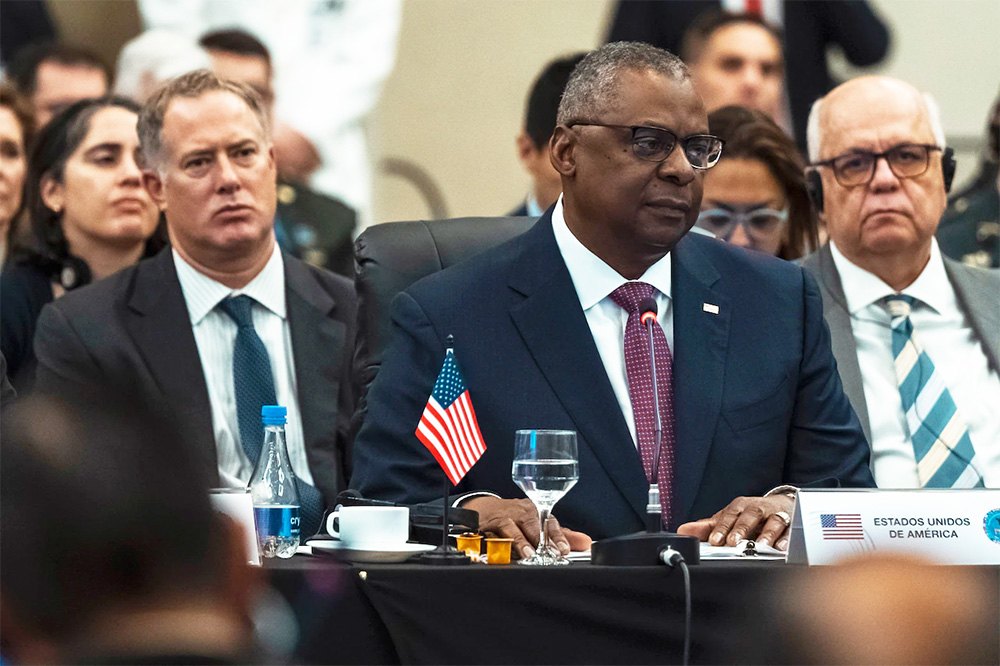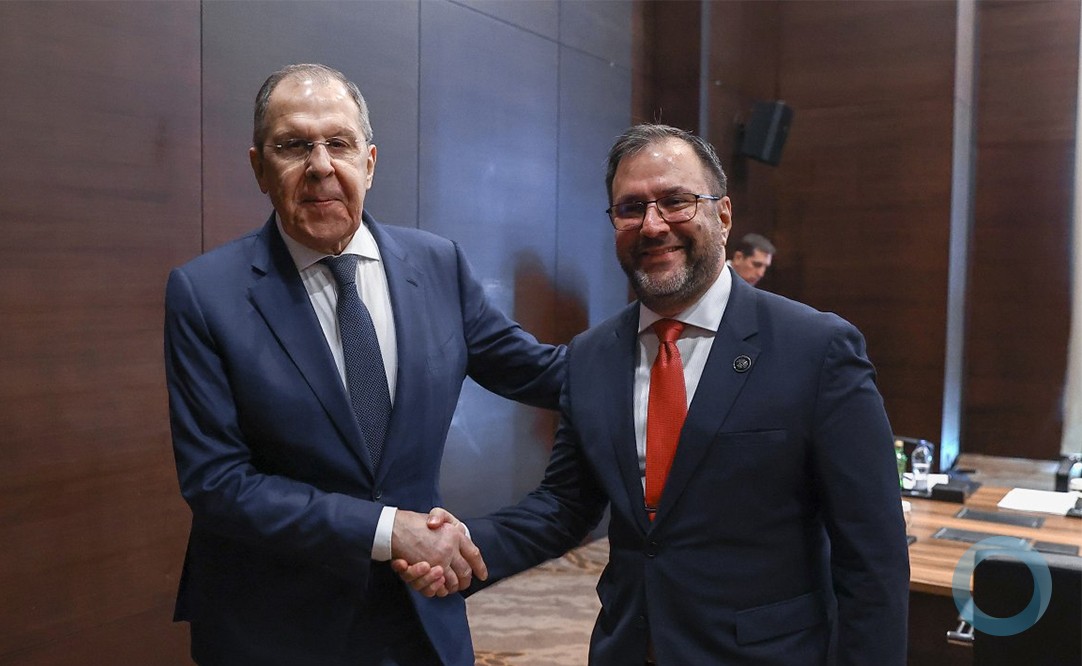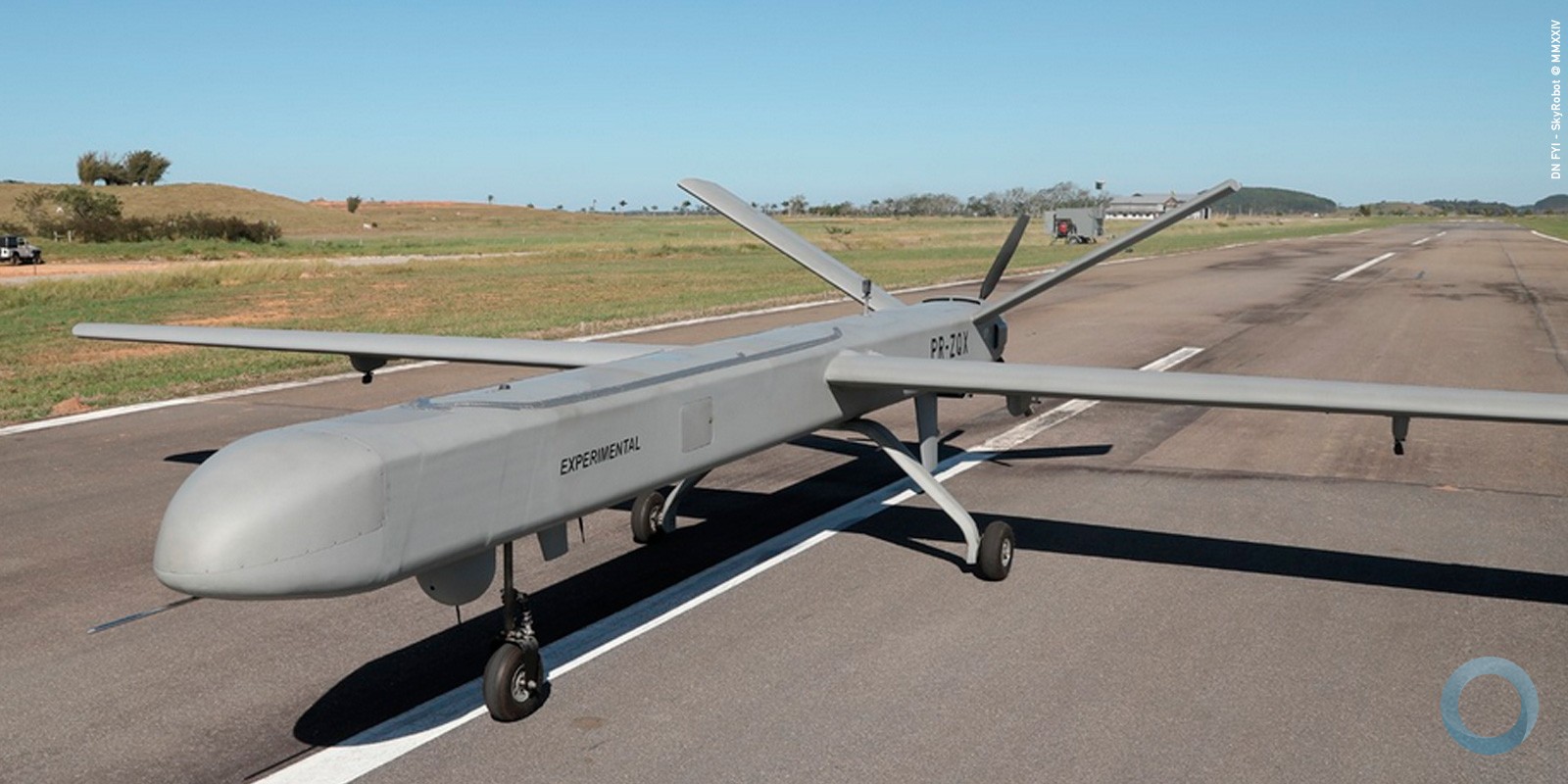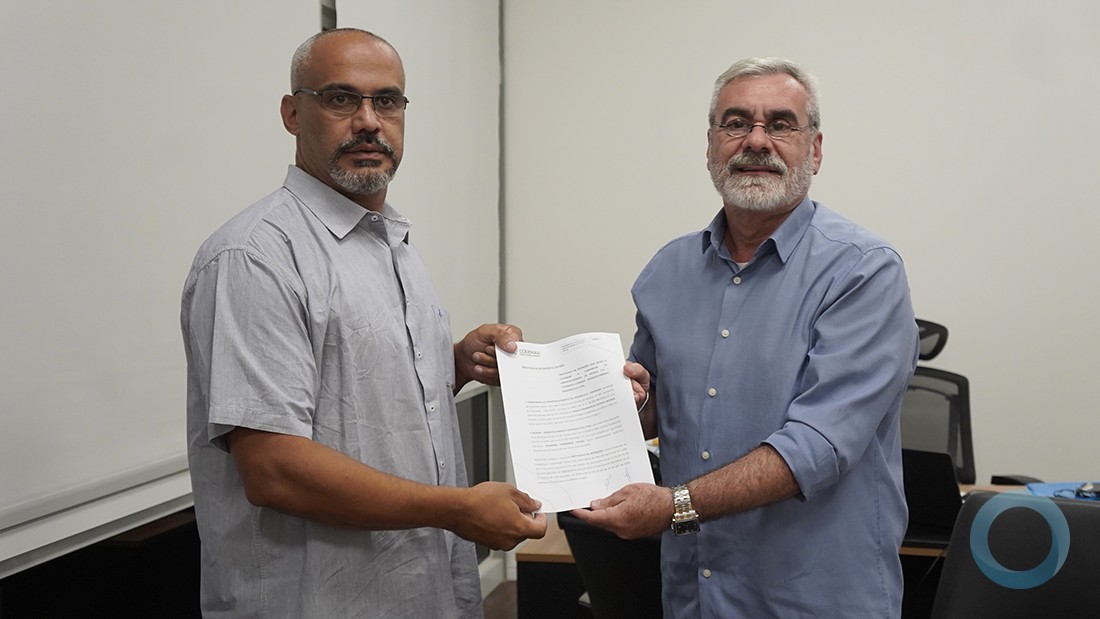A new era for the relationship between Brazil
and the Defense Industry
What to expect from the change of the Head of Secretariat of Defense Products (SEPROD) of Brazil’s MoD?
The new Minister of Defense, Aldo Rebelo, makes clear his style and work philosophy ahead of the Brazilian MoD. He has recently moved key positions in the ministry structure. General Silva e Luna took charge of the General-Secretariat, succeeding Eva Chiavon. Aldo also changed the Head of the Joint Chiefs of Staff (EMCFA) with Admiral Ademir Sobrinho taking the place of General De Nardi, in charge since its inception in 2010. But the most significant changing was exactly on the super-powered Secretariat responsible for procurement policy, control the import and export, and cataloging of Defense Products, while rules the national policy for Science and Technology applied to innovation in Defense. It is called Secretariat of Defense Products, or simply, SEPROD, and its new head is Perpétua Almeida, former congresswoman, president of the Foreign Relations and National Defense Committee of the Chamber of Deputies of Brazil.
On her speech she gave signs of what can be expected for the next years:
The development and consolidation of a robust Defense Industrial Base, from fostering a military-industrial complex of innovation, can configure a very important vector for the national reindustrialization of a new type, based on the knowledge cycle and the dual application, where the technology developed to military products and processes overflows to the civil industry. We need, alongside a strong agriculture and a primary sector with higher added value, intensely promote high-tech industrial segment. So this is a great contribution that National Defense could provide for the transformation of our economy. Developed countries use widely research and investments in the Defense Industrial Base. A clear example is the development of the Internet, which was born in the research laboratories of the United States armed forces. We need to better study these international experiences, aiming to develop our own country.
The Defense Industry supported by technological innovation is appointed by the new Secretary as a key element for the economic recovery and transformation in Brazil. The dual-use (military/civil) will be a central characteristic to establish the preferential projects. Successful practices and models adopted by other countries are welcome.
A developed country must have increasing autonomy in the field of production of critical and sensitive technologies, in order to avoid eventual international embargos and/or restrictions to access these technologies. It would be unwise to imagine that Brazilian interests could not face antagonism at any time.
This section brings openly and without taboos, the recognition of the technological dependence to be overcome. The new Secretary, Perpétua Almeida, shows sobriety to recognize that the clash of interests, especially in a rapidly changing geopolitical scenario, and the emergence of new threats coming from political, financial, ethnic and religious pressures can take Brazil away from its present status of non-conflictive country.
The current economic crisis carries the risk of those qualified and trained professionals to be laid off or co-opted by the foreign groups. Some companies of the Defense Industrial Base are interrupting their production lines or have been acquired by foreign companies. We will need to address the problem of discontinuity in the flow of resources. We also must be able to accomplish the schedules of our strategic projects. We know that the postponement of investments in these projects will have effects not only on our Defense capacity, but there is also the risk of these products and systems under development to become obsolete even before the time of its implementation due to the delays caused by recurrent interruptions of resources.
The speech reveals the concern with the risk of dismantling Brazil’s industrial capacity in defense, and especially the emptying of trained professionals. She points out starkly the losses from non-compliance schedules,
When I chaired the Committee on External Relations and National Defense in 2012, I endeavored to promulgate the Law 12,598, which establishes special rules for the purchase of defense products and encourages the investments in the defense sector. This Law defines the concept of Strategic Defense Company, and establishes the Special Tax Regime for the Defense Industry (RETID), already benefiting many companies. However, we must take further steps to update the legislation and remove some barriers in order to give access to more and more companies to be enabled in the RETID. It is our interest to dialogue with the ABIMDE (Brazilian Association of Defense and Security Materials Industries) and other Industry’s entities.
Secretary Perpetua Almeida announces at this excerpt of her speech, her purpose to support the Strategic Defense Companies via special tax regime, ensured by the law she implemented as a congresswoman. She also wants to hear from Defense Industry representatives in order to establish a profitable relationship between the MoD and the Brazilian Defense Industry.
The financing of the National System to Innovation in Defense will be critical. We will restore the National Scientific and Technological Development Fund (FNDCT). Through this instrument the Brazilian Government will provide economic support to those companies willing to pursue the disruptive innovation – the basis for technological progress at the Defense arena. EMBRAER’s aircrafts, missiles developed by AVIBRAS and MECTRON, and satellite cameras by OPTO, received strong support of non-reimbursable funds from the Brazilian government, especially through the FINEP – Funding Authority for Studies and Projects.
The Brazilian government will have to answer a question: What are the Defense segments in which Brazil aims to have autonomy and technological expertise in the production of equipment and systems? Responding to this, strategic decisions will be taken regarding the organization of the Industrial Base and specially focusing the criteria for Defense Strategic Companies.
The new Secretary states her pragmatic approach to what must be the starting point of her command at SEPROD, and the course that MoD investments must follow from now on.
Foreign companies will always be welcome when partnering with us toward new technologies and markets.
SEPROD will develop a portfolio of civil-use products originally from defense technologies developed by the Defense Industrial Base, and we will work on revising and updating the acquisition legislation to encourage all governmental entities to preferentially buy from these suppliers.
At this point, Secretary Almeida points a concrete direction to the long divulged dual-use of technologies. It must become an increase on the cash flow of those companies that would take advantage of transshipment of technology for the production of non-military products. As an example, a company that produces special military garments, whose special characteristics of fibers and fabrics provide protection against harm could spill over to functional clothes for individual protection for factory work or electrical services, etc. These new lines of products, supported by governmental entities acquisitions, would strength the Defense Industrial Base.
Another main goal is to stimulate the export of our Defense Products. We know this is an important cornerstone to ensure sustainability to the National Defense Industry.
We know that, from words to practice there is a long way, but, the assertiveness of the propositions, and a frank recognizing of the problems to be faced, caused the Defense community a very good impression. Let’s see what this significant change of head of SEPROD will in fact to impact over the relationship between Brazil’s MoD and national and foreign Defense Industry.






